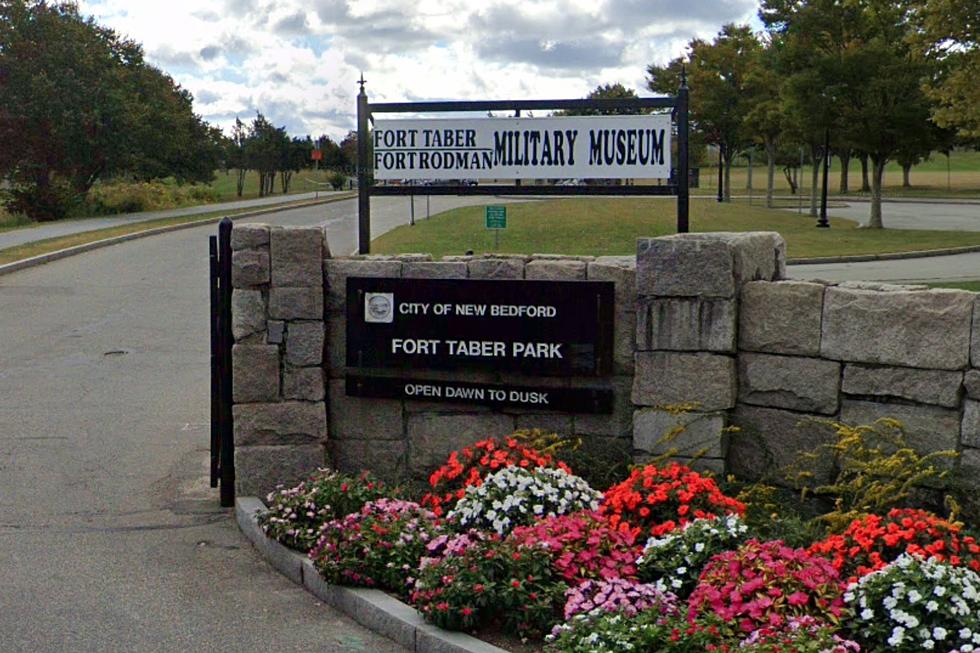![New Bedford and Fall River Are Stronger Together [OPINION]](https://townsquare.media/site/518/files/2018/08/Keating-in-Studio.jpg?w=980&q=75)
New Bedford and Fall River Are Stronger Together [OPINION]
The conversation around redrawing state and congressional districts may sound too wonky for the average consumer of politics, but the maps being drawn on Beacon Hill and other state legislators across the country will shape the political landscape for the next decade.
Every district map drawn is met with furious debate on whether or not the proposed districts are an appropriate representation of the people who live within them, and since the unveiling of Massachusetts' proposed Congressional redraw, the SouthCoast has become ground zero for that debate in the Commonwealth.
Since the last Congressional redraw in 2011-2012, the largest vote share on the SouthCoast has been in the 9th Congressional District represented by Rep. Bill Keating, who along with much of the South Shore and the Cape and Islands represents the eastern half of the SouthCoast extending into parts of Fall River. The remaining half of Fall River, along with the western half of the SouthCoast, is in the 4th Congressional District, which also contains the Boston suburbs of Newton and Brookline, first repped by Rep. Joe Kennedy III and now by Rep. Jake Auchincloss.
This could be set to change in a big way, as the redistricting committee has proposed a congressional map that has Fall River being fully absorbed by the 4th Congressional District and New Bedford remaining fully in the 9th District.

This new map has been met with concern from many of the region's prominent community activists, such as the Drawing Democracy Coalition, and elected officials such as former Rep. Kennedy, New Bedford Mayor Jon Mitchell, and State Senator Mark Montigny. The primary concern is that fully separating Fall River and New Bedford will greatly diminish the SouthCoast's foothold in any congressional district and will further remove typically underrepresented communities from positions of electoral leverage.
Also among those concerned is Rep. Keating himself, whose concern isn't for his own electoral future but the electoral and economic future of SouthCoast communities if Fall River and New Bedford are separated for at least the next decade.
"It's not about me, I'm not going to be there 10 years," revealed Rep. Keating as he joined me on-air on Saturday. "I probably won't be there for the majority of the 10 years."
Rep. Keating argues that during a time when generational investments are being made the SouthCoast via major projects like rail and offshore wind, SouthCoast community ties need to be strengthened, not severed.
"This has profound effect potentially on the federal government resources in our region," stressed Keating. "There's really so much happening in the right direction, and if you have the two cities as an anchor, you're going to have the resources needed to grow. Split apart, you just don't have that influence."
It's important to note that though the maps have been proposed, they are still subject to amendment. There is currently a seven-day open comment period, and a hearing on the proposed districts scheduled for November 9. Commonwealth residents can make their voices heard by contacting the Special Joint Committee on Redistricting.
You can listen to my full conversation with Congressman Keating here:
Marcus Ferro is the host of The Marcus Ferro Show airing Saturdays on 1420 WBSM from 1 p.m. to 4 p.m. Contact him at marcusferrolaw@gmail.com. The opinions expressed in this commentary are solely those of the author.
LOOK: What major laws were passed the year you were born?
More From WBSM-AM/AM 1420






![Fall River Terrier Needs a New Place to Call Home [WET NOSE WEDNESDAY]](http://townsquare.media/site/519/files/2024/07/attachment-Untitled-design-2024-07-24T061926.621.jpg?w=980&q=75)


